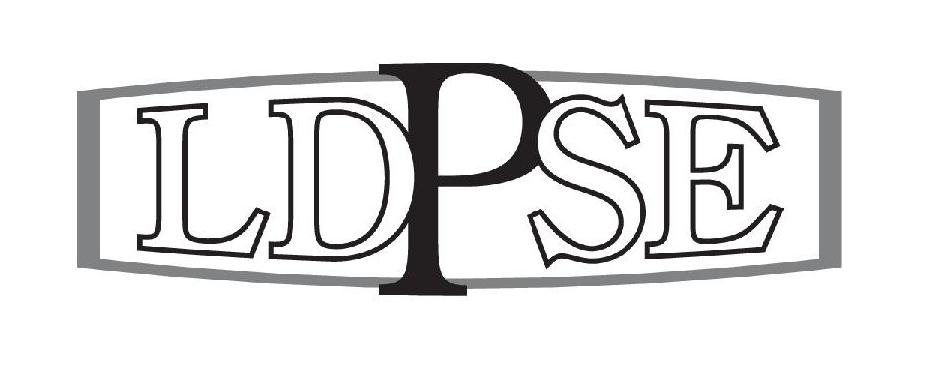Professionals in Learning Disabilities and Special Education is a not-for-profit organization offering continuing education programs to inform members of current instructional practices, assessment, and policy issues in the field of learning disabilities. PLD/SE also offers a referral service to the community, providing qualified professionals for diagnostics and remediation. PLD/SE provides programs as a service to its members. PLD/SE does not endorse any specific program, speaker, instructional materials, method, treatment, or evaluation center for children with disabilities. |
Powered by Wild Apricot Membership Software
